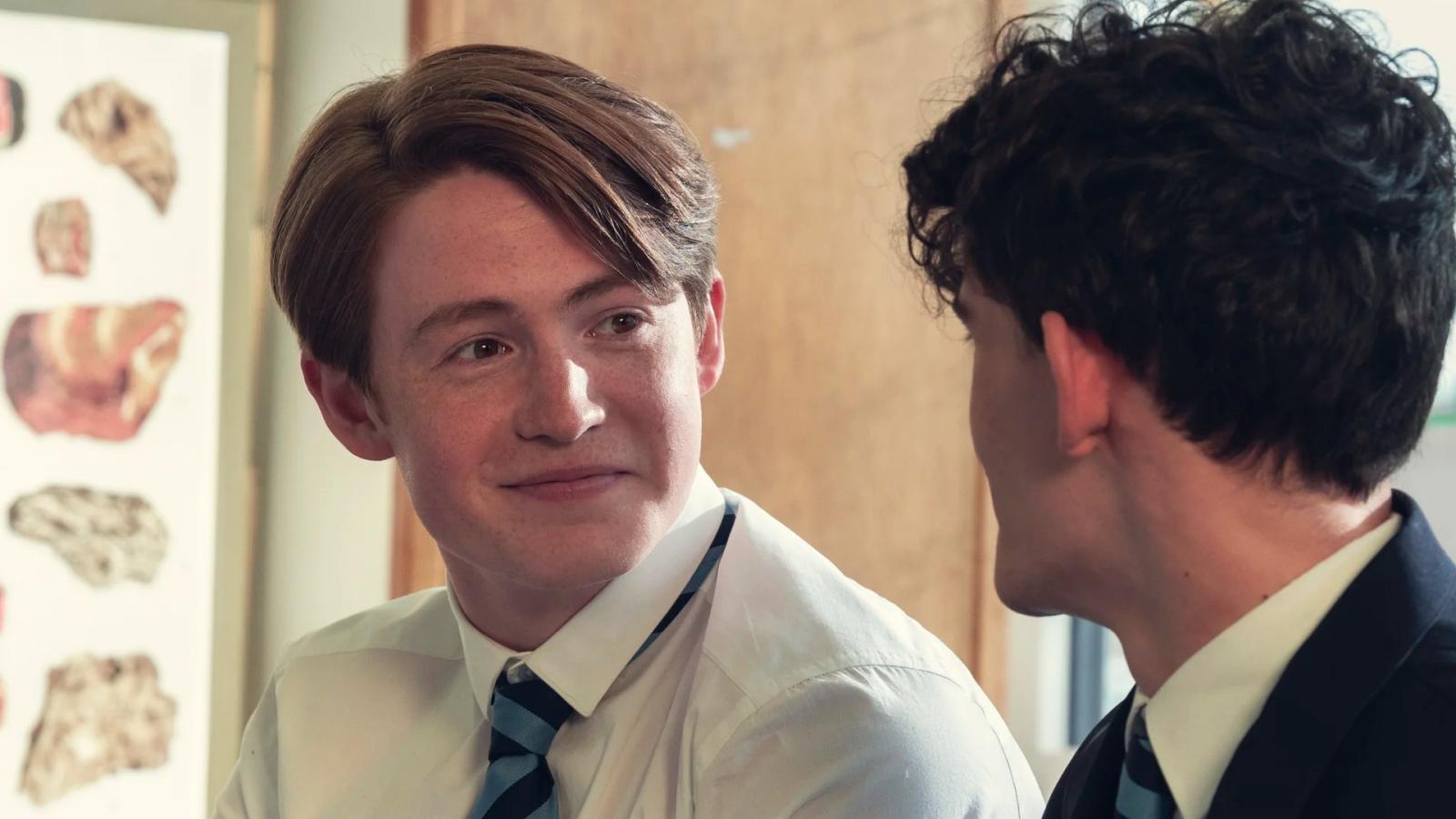Heartstopper Is a Sign Queer TV is Actually Getting Worse, Not Better

Television has come a long way when it comes to the representation of the LGBTQ+ community.
That said, the recent surge in queer content has not always lived up to its promise. While many shows have been praised for their diversity and nuanced storylines, others have been criticized for their superficial portrayal of queer characters and their experiences.
And recently, a British show, Heartstopper, has sparked a discussion among the viewers, with some questioning whether the show is a sign that queer television could, in fact, be getting worse, not better.
Heartstopper, a hit Netflix series based on Alice Oseman's webcomic and graphic novel series of the same name, follows the journey of young students Charlie and Nick. As they navigate their feelings for each other, we also get a glimpse into the lives of Tao, Elle, Tara, and Darcy, each with their own unique struggles and triumphs.
The show has received widespread acclaim for its expertly crafted tone and pacing, as well as its portrayal of LGBTQ+ characters.
However, despite its initial success, some think it may not be as inclusive as it may appear at first glance, as the portrayal appears to be somewhat shallow compared to what people experience in real life. They argue that the show depicts the bisexual community with simplistic and universally accepted problems that straight individuals can get behind more easily, lacking more intricacy.
Bisexual representation on television has been a burning topic lately, with producers eager to bring it to the forefront. However, there's a catch: making money from a solely bi or even LGBTQ-targeted audience can be a tough sell, as their demographic isn't large enough to sustain a hugely profitable venture, which, as we know, big platforms are attempting to do.

This has raised questions about the actual balance between authentic representation and catering to the mainstream media, with commercial producers creating what is, technically, "gay" content, but with a straight audience in mind, as many streaming giants aim to appeal to the widest audience possible to maximize profits.
With all that being said, it may be early to make hasty assumptions, as the show has been renewed for not one, but two more seasons. What's more, in the original webcomic, the characters are more mature and complex, and they deal with some serious struggles and various aspects of romantic relationships. So, it's entirely possible that the showrunners are not avoiding the challenging subjects but simply haven't explored them in-depth yet.
Many fans are holding onto hope that the author will do justice to the characters and their hardships, portraying them in a realistic and respectful manner.
Observing how Netflix adapts the show to cater to a family-friendly audience or handles a possible shift in the plot will undoubtedly pique the interest of many viewers. It remains to be seen how they will navigate the delicate balance between addressing sensitive topics while maintaining a suitable atmosphere for all age groups. Nonetheless, it promises to be a fascinating experience for fans of the series.